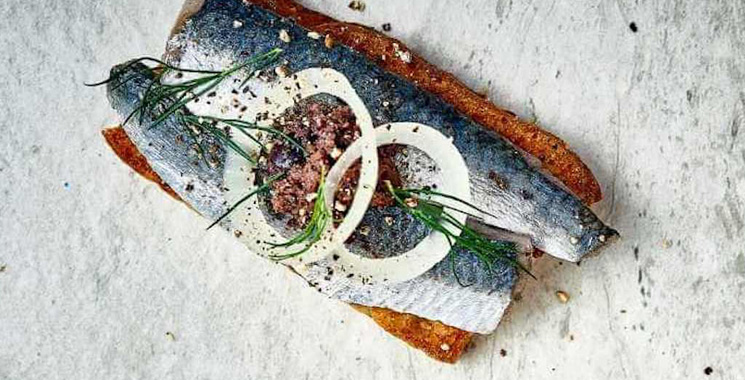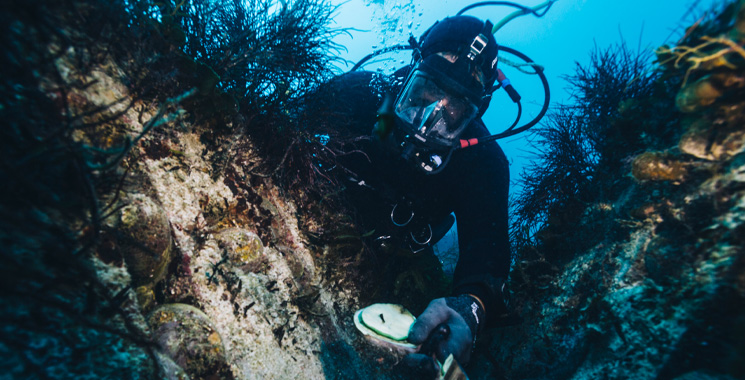Communities
COMMUNITIES
Fishing for future generations
Western Australia is regarded as having the most sustainable and best-managed fisheries in the world, aimed at preserving our pristine oceans and fresh fish for generations to come.
We are also blessed with a population of less than three million living in a state the size of Western Europe. With an absence of heavy industry along our waterways, our oceans, rivers and lakes are relatively pollution-free.
Isolation from the world’s population centres and stringent border controls have allowed Western Australia to keep out many of the diseases that plague other states and countries, ensuring our endemic varieties are well-protected.
Sustainable Fishing Practices
COMMUNITIES
Fishing communities of Western Australia
Commercial fisheries are heavily based on science, which is gathered every time a fisher drops a line, sets a pot or casts a net.
Catch volumes, catch effort, catch variety, locations and times are all recorded and shared across a number of government agencies, including the Department of Primary Industries and Regional Development (DPIRD), which track the information and cross-check against their own research to ensure the fisheries are sustainable and not at risk.
Each fishery has a seasonal catch limit which varies depending upon stock levels and regular monitoring testing by DPIRD’s fisheries scientists.
The research is reported every year in the status reports for the fisheries and aquatic resources in Western Australia, which currently shows that 97 percent of the State’s fisheries are currently not at risk. With the uncertainties of a constantly changing natural environment, this is likely to be as close to 100 percent as is possible to achieve.
With WA’s rigorous and considered management alongside innovative research and development, the vast majority of fisheries maintain healthy, or growing, seafood populations.
COMMUNITIES
Sharing stories and sustainable fishing practices
While Western Australia does have a number of large companies in the seafood industry, the majority of commercial fishing in Western Australia is managed by families who have been fishing these waters for many generations.
For these families, fishing is a big part of their heritage and their future, and so they have a genuine interest in ensuring the oceans are healthy and sustainable for many years to come.
Spending time and listening to these people and their stories provides an insight into shared understanding of the ocean and the handing down of generational learnings about oceans, conditions and managing the local environment.
This information sharing continues today, however the current generation are now fully tech savvy and are more likely to discuss digital data, satellite maps, thermoclines and ocean current flows, rather than the visual observations of fishers decades before.
Seafood Experiences
MSC Certification
Marine Parks
History
Proudly Supported By







